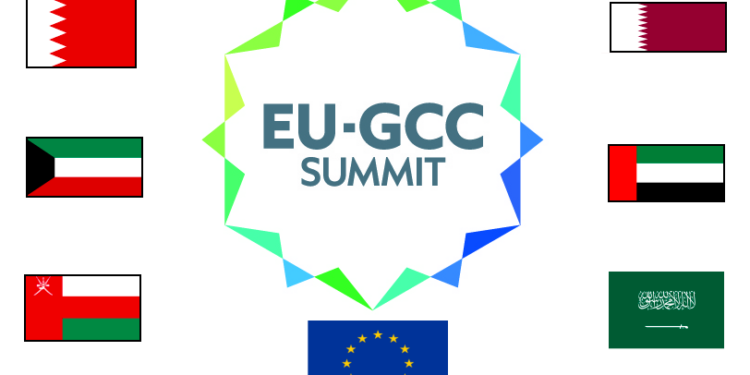Brussels – Trade, energy, combating climate change, and security, especially maritime security, and the involvement in regional security: the European Union and the Arab Gulf countries (Bahrain, Kuwait, Oman, Qatar, Saudi Arabia, and the United Arab Emirates) are seeking a new season of bilateral relations with the first ever high-level political summit, which in Brussels is being hailed as the highest moment ever: a culmination of meticulously conducted work by Luigi di Maio in his role of the first ever special EU envoy to the Persian Gulf.
An opportunity greeted in the EU capital with satisfaction, showing the willingness of the Arab world to get involved, to try to dialogue on issues that are nevertheless thorny, far from smooth, and on which orientations and points of view are far from convergent, starting with the issue of the Russian-Ukrainian conflict.
All countries in the region supported the UN General Assembly resolution condemning Russian aggression, but unlike the Europeans, they have not enacted sanctions packages. Bahrain, Kuwait, Oman, Qatar, Saudi Arabia, and the United Arab Emirates “have relations with Russia, which clearly changes positions,” EU sources acknowledge. It also complicates the technical work on drafting conclusions for the end of the summit, which the EU would like but recognizes that there are differences. Therefore, it is possible to end the summit without a statement.
“It is clear that there are risks we have to take,” the same EU sources say but “the fact that the leaders of the Gulf countries are coming to Brussels is already an important element, a sign.” Of course, when discussing the conclusions, “issues will surface,” there are no illusions, “but we are working to find a solution.”
There are evident difficulties regarding trade relations, which the parties would like to revive. However, at least two main obstacles weigh heavily: differences in regulations to access the public procurement sector and hydrocarbons. The European Union is committed to the green transition and the shift from fossil fuels to renewables, while Arab Gulf countries have plenty of oil (Saudi Arabia, UAE, and Kuwait are members of OPEC, the Organization of the Petroleum Exporting Countries) and at reduced prices compared to those paid by Europeans, making it unattractive and less competitive to opt for the sustainable transition the EU is banking on.
Despite all this, political tests for a new season of bilateral cooperation will unfold in Brussels. There are three main goals: to make relations with these countries more strategic from a geopolitical perspective, to respond together to global challenges (climate, energy), and to strengthen bilateral relations (trade, visa regime). It starts with the Brussels summit to try to lay new groundwork. And have more on the side of European countries that are still overly unbalanced toward Russia: a message for the ‘lord of Russia,’ Vladimir Putin.
English version by the Translation Service of Withub




